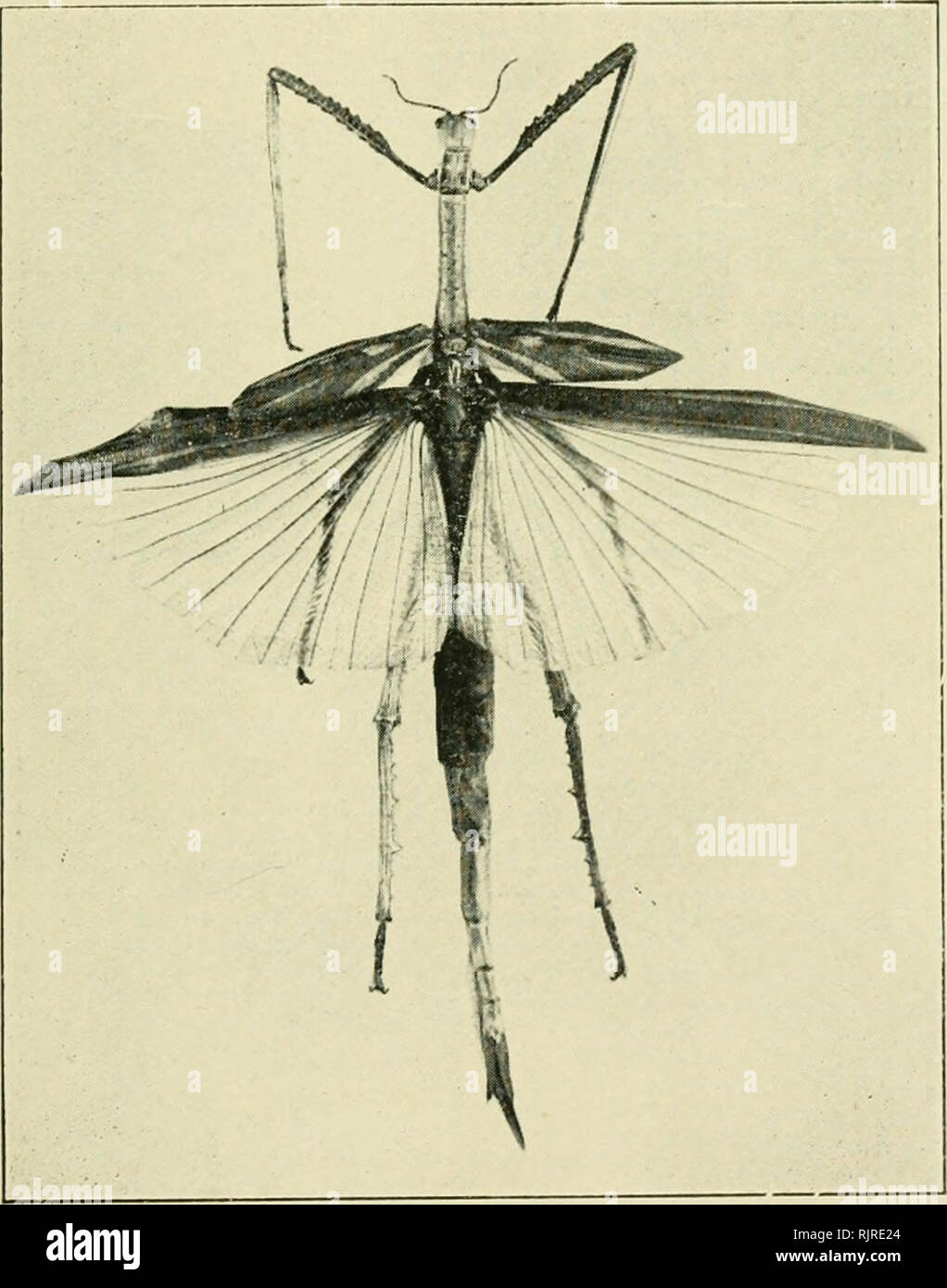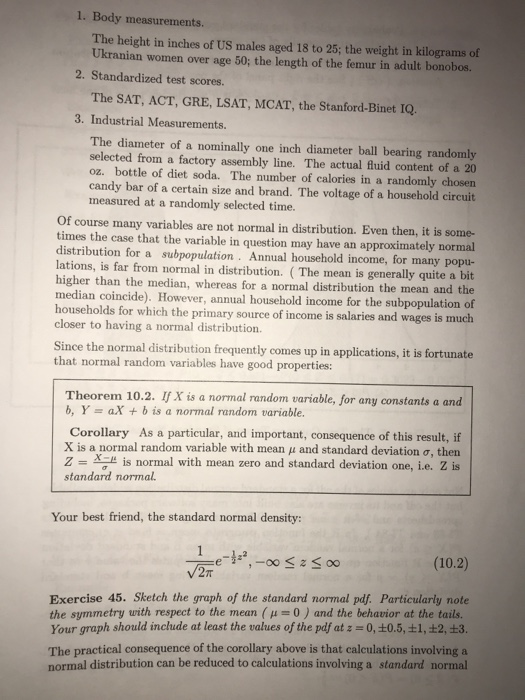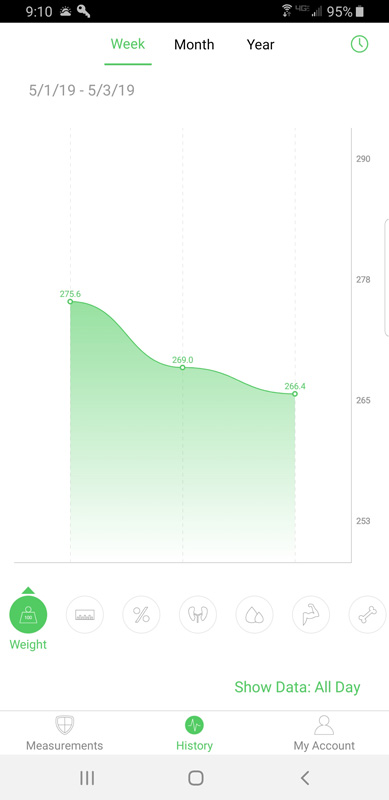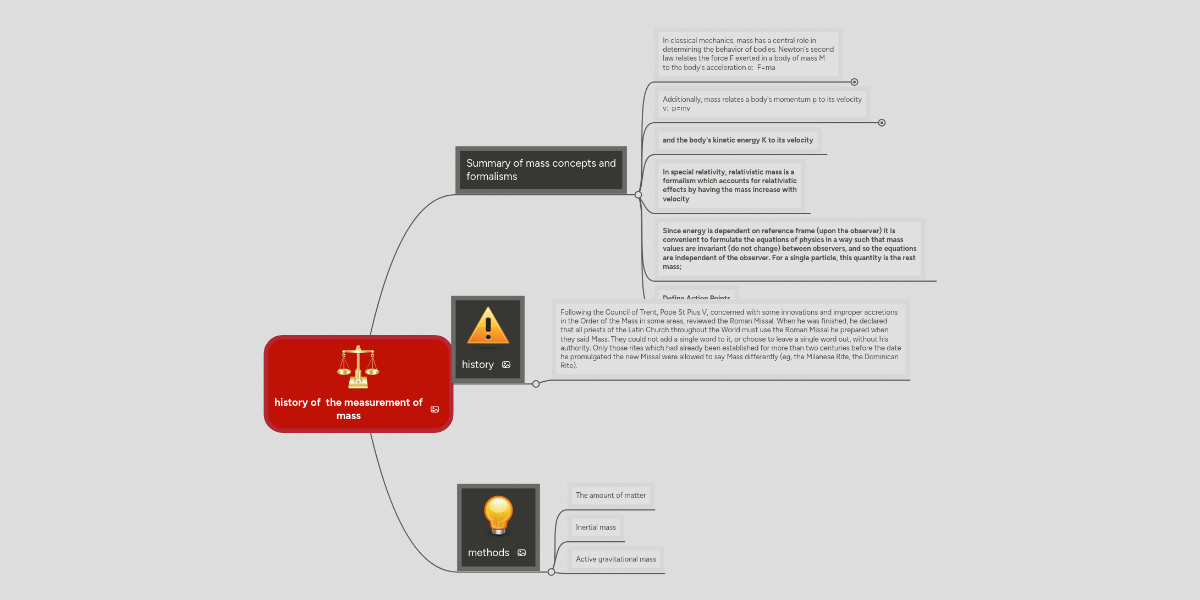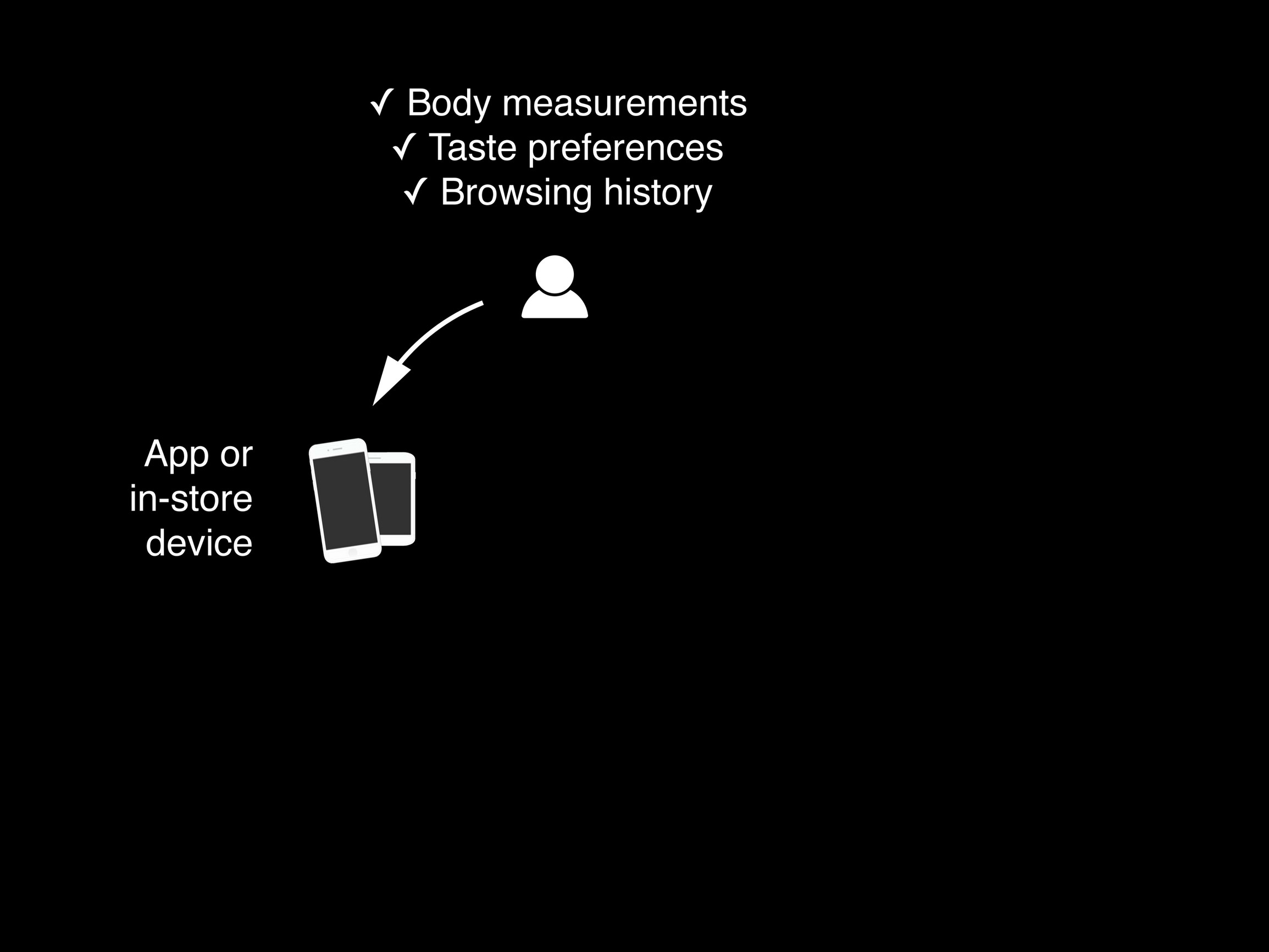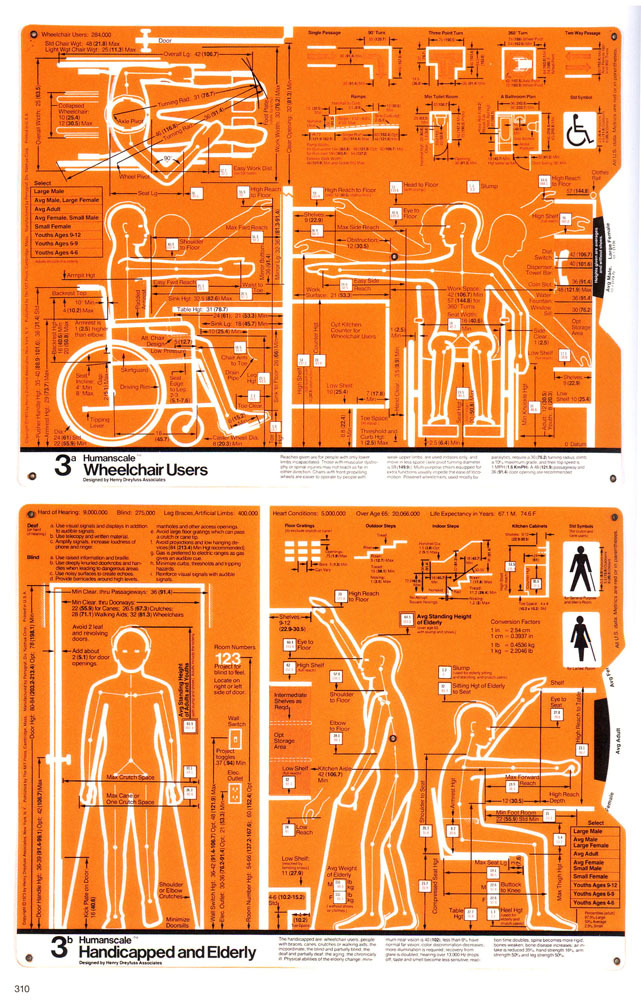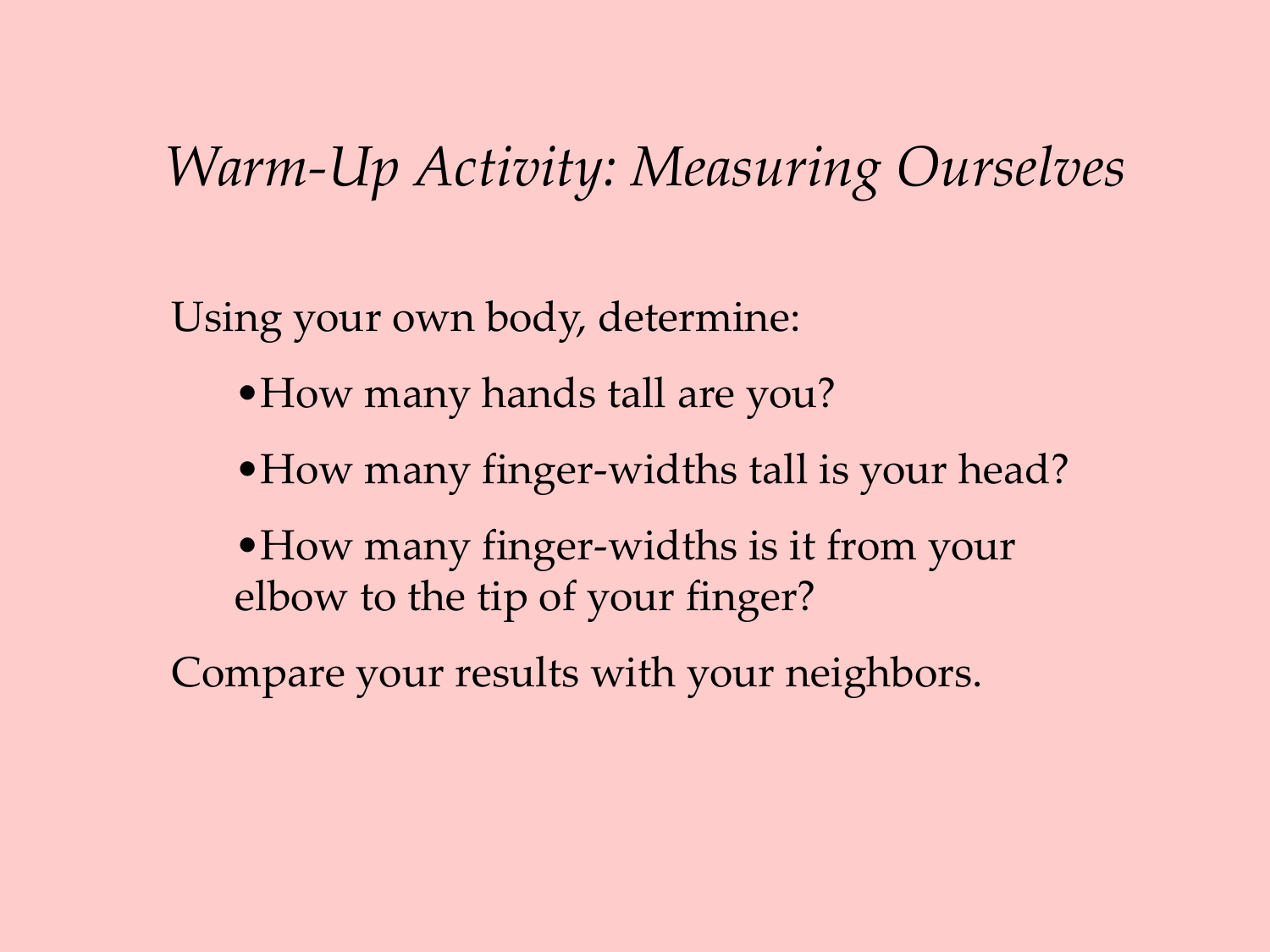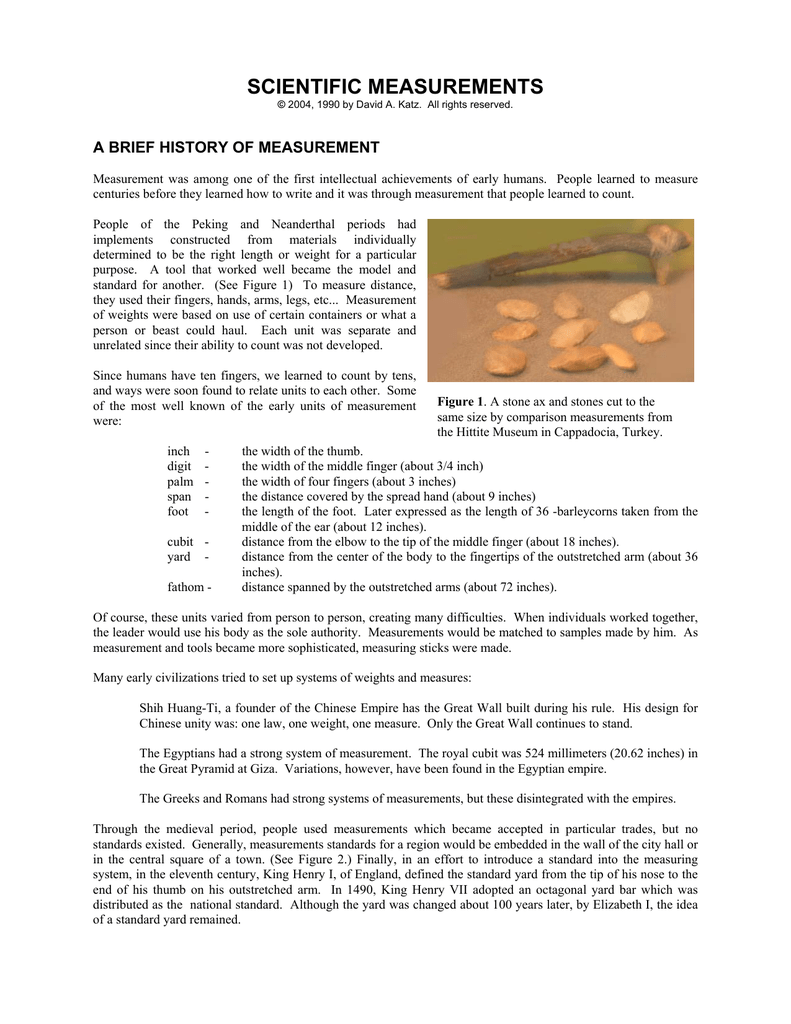The way base units of length have been determined has changed greatly over time. Long ago the idea of a universal measuring system didnt exist. 1 using the human body as the reference. With measurements such as these it is easy to explain how far away the next village is and to work out whether an object will get through a doorway. Defined by the distance from the tip of the forefinger to the middle of the elbow. Queen elizabeth i reigned from 1558 to 1603 changed by statute the mile to 5280 feet 1609 m or 8 furlongs a furlong being 40 rod units 201 m of 55 yards 503 m each.
For example the cubit was a unit that indicated the length from the elbow to the fingertips. 238854 miles from the earth to the sun. Cubit cubit was used by egyptians for building pyramids 2750 bc mean error in length of sides of khufu pyramid at gizeh in eqypt was 15mm the cubit was the first recorded standard linear measurement. There were unbelievably many different measurement systems developed in early times most of them only being used in a small locality. 24901 miles across the continental us. The history of measurements measurement loosely defined is the length amount or size of something that is measured.
History and standards duration. History of length units. 3000 miles from the earth to the moon. Ancient measurement of length was based on the human body for example the length of a foot the length of a stride the span of a hand and the breadth of a thumb. In 1939 the us department of agriculture usda launched a yearlong study titled womens measurements for garment and pattern construction. Autoplay when autoplay is enabled a suggested video will automatically play next.
Working with the bureau of home economics under a federal project grant they studied the weight and 58 body measurements of 14698 women across seven states in the us. A short history of measurement. That was until the 18th century where measurement became a cohesive system. Long ago the base for reference was the human body. Near and far around the earth at the equator. The roman mile of 5000 feet 1480 m was introduced into england during the occupation.
The mile is in origin the roman mille passus a thousand paces approximating to a mile because the romans define a pace as two steps bringing the walker back to the same foot. Using a weight to height index devised by adolphe quetelet back in 1832 called the quetelet index keys came up with the body mass index as a straightforward way to measure body weight in.


